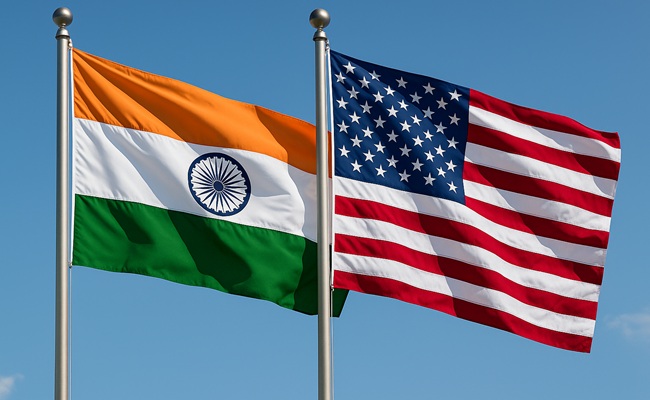In a climate of rising tensions and disillusionment, many citizens across the nation are expressing their feelings of betrayal by the United States and former President Donald Trump. This sentiment has been particularly pronounced given the recent displays of camaraderie between Trump and Prime Minister Narendra Modi, leading to widespread frustration among the populace.
The relationship between the two leaders has historically been painted in a positive light, with both parties often highlighting their shared interests in trade and national security. However, recent developments have sparked anger and skepticism regarding the sincerity of this partnership. Citizens are questioning the implications of such a close alliance, especially in light of perceived policy shifts that seem to undermine their interests.
Public discourse has shifted dramatically, fueled by social media and grassroots movements that are vocalizing discontent. Many feel that the friendship displayed at diplomatic events masks deeper issues, including trade imbalances and geopolitical tensions that have left the nation feeling vulnerable. “Let’s not fool ourselves in anger!” has become a rallying cry, encapsulating the frustration felt by many who believe that their leaders are not prioritizing their welfare.
Experts suggest that this growing animosity may stem from a combination of factors, including economic pressures and the fallout from international relations that have not benefited the average citizen. Analysts point to the recent trade agreements and military collaborations as examples where the benefits have not trickled down to the general populace, leading to a perception of betrayal by those in power.
The political landscape is becoming increasingly charged as opposition parties capitalize on this wave of discontent. They are framing the narrative around national sovereignty and the need for a more independent foreign policy, one that does not rely heavily on the United States. This shift in rhetoric is gaining traction, particularly among younger voters who are more attuned to the implications of global politics on local issues.
As protests and discussions grow more heated, the government faces a critical juncture. Leaders must navigate these sentiments carefully, balancing diplomatic relationships with the need to address the concerns of their constituents. The challenge will be to reassure the public that their interests are being safeguarded without alienating a key ally.
In this complex web of international relations, the voices of the citizens cannot be ignored. The calls for accountability and transparency are louder than ever, as the nation grapples with its identity on the world stage. Whether the current administration can respond effectively to these challenges remains to be seen, but one thing is clear: the anger felt by many is not simply a fleeting emotion; it reflects a deeper longing for respect and recognition in a rapidly changing global landscape.



